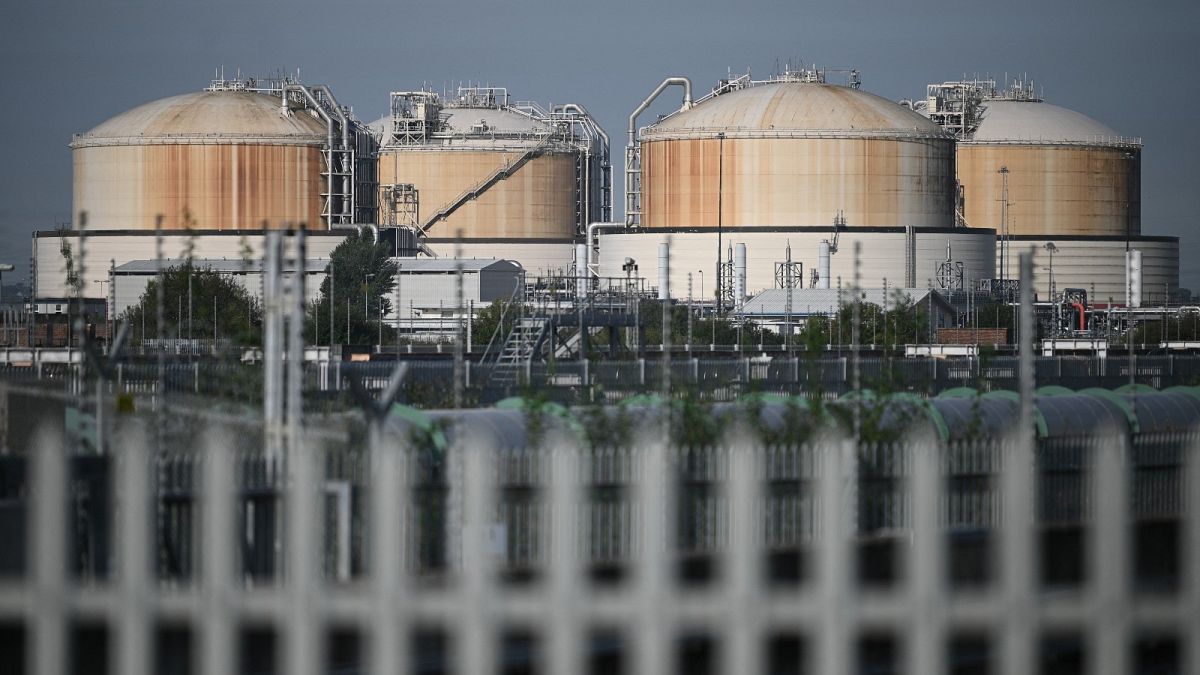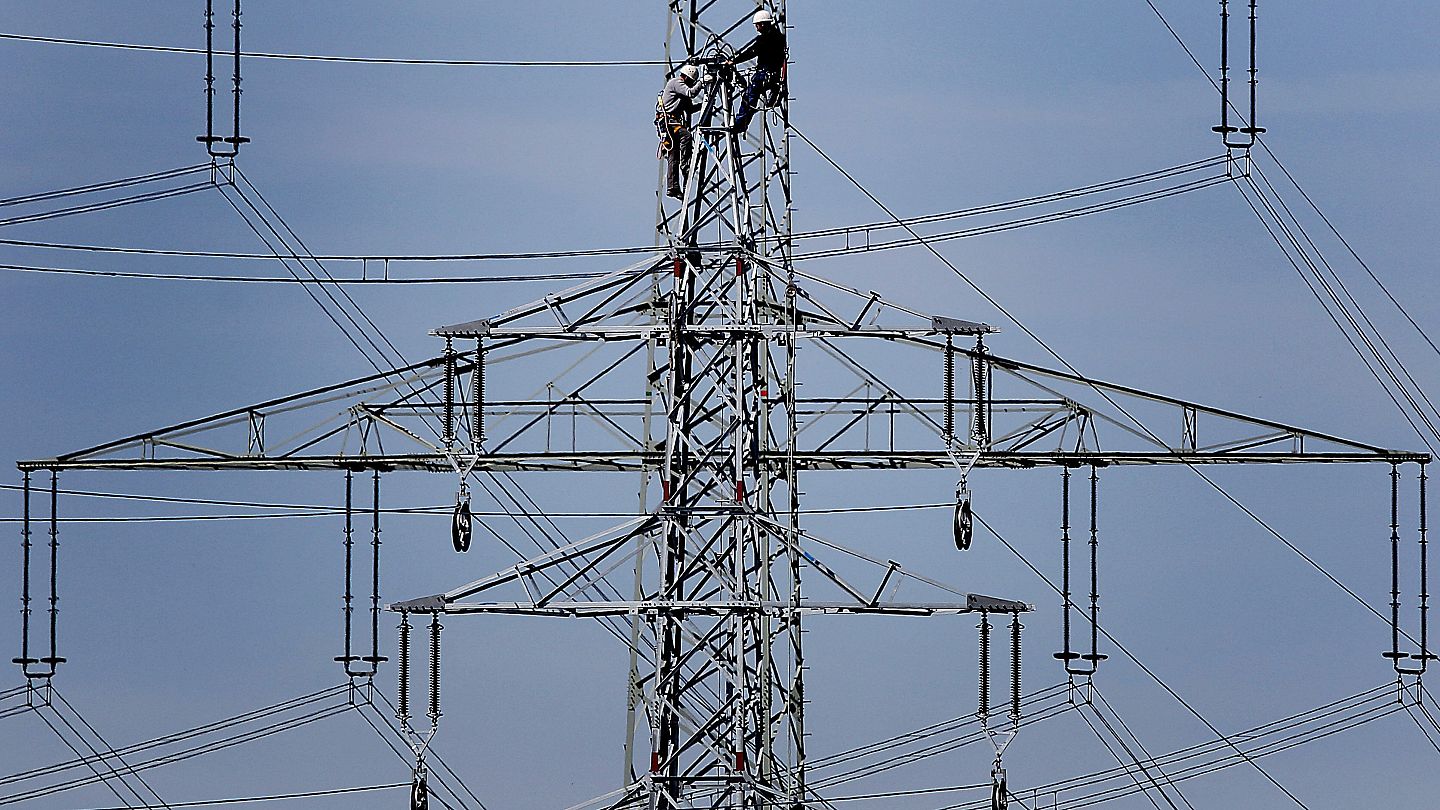In light of Europe’s worsening energy crisis, the EU will examine a number of problems.

Nearly all of Europe is being progressively engulfed by the growing energy crisis, in addition to other regions of the world. The growing energy issue will be discussed by the European Union to find some shared answers. The summit, which is set to take place in Prague may cover a variety of topics, including Germany’s proposal to subsidize gas prices for its citizens and businesses—a move that has prompted some responses from France and Italy.
Spain and Germany conducted bilateral discussions on the energy situation on Wednesday before speaking with other European nations. 15 ministers from both administrations attended the meeting between the two center-left leaders, German Chancellor Olaf Scholz and Spanish Prime Minister Pedro Sanchez.
People who worry that the winter would make the situation worse because of the increasing demand for energy supplies are alarmed by the energy issue, which has its roots in the conflict between Russia and Ukraine. Most countries are seeking Russian oil and gas substitutes. The summit is predicted to be dominated by ideas that might lead to global solutions to the energy crisis, in addition to debating options unique to each country.
Gas and electricity prices in Europe reached all-time highs in 2021 and 2022, with power retail prices rising by approximately 50% year over year as of July 2021. Similar to this, global energy prices increased by more than 26% in the first months of 2022, with Asian Development Bank (ADB) Principal Energy Specialist Kelly Hewitt stating that if the energy supply mix of various countries does not change, electricity prices may rise by an additional 27% by 2025.
Although the Russia-Ukraine war has had a detrimental impact on many nations, those who depend more heavily on Russian carbon-based fuels have seen the effects more severely. Another, bigger pipeline that might transport natural gas and maybe even green hydrogen northward to the rest of Europe is also something they’re likely to explore with France. But it doesn’t seem that France is on board with this strategy.
It would seem that the 27 EU countries are in firefighting mode with Poles being forced to burn their trash and Romania controlling the price of firewood as demand for alternative heating sources increases. Trash burning has considerably reduced waste generation, particularly in small towns, and garbage collection, particularly for waste composed of materials like paper, cardboard, packaging, and other things that might be burnt.
It is noteworthy that the European Union decided to exclude Russian coal after a conflict with Ukraine. Poland has been severely harmed by this embargo due to its substantial reliance on coal. The majority of people don’t have enough coal to go through the winter because it will be here soon.
Natural gas prices have also increased in numerous European countries as a result of Russia shutting off supply in response to allegations that Moscow is using energy as a weapon. Before this, Romania had imposed gas and electricity price ceilings to curtail the rise in energy prices brought on by Russia’s incredibly antagonistic posture against Ukraine.
The use of firewood as an inexpensive alternative to heat homes gained popularity as gas and electricity became more difficult to come by. The need for firewood has grown in several European countries, and with it, wood theft.
After OPEC+, the oil-producing nations led by Russia and Saudi Arabia, announced that they would cut their production by 2 million barrels per day, the situation is only going to get worse. The US was among the countries that lobbied OPEC+ to keep production at least at the current levels, if not higher.
As energy costs might increase further as a result of this decision, the economy could experience a dramatic slowdown, compelling several EU nations to provide subsidies and tax cuts to protect their citizens from rising gas prices.
The dramatic decrease in industrial orders in Germany, long seen as Europe’s economic engine, is fueling new recessionary concerns. Family finances are being squeezed by the growing cost of energy, leaving little room for adjustment to the changes happening in the altered worldwide conditions. The shrinking profit margins of European businesses might potentially have an impact on labor markets.
Following a decrease in the effects of COVID and an increase in industry and economic activity, the world’s energy consumption began to increase. Before it, during the Covid lockdowns, the price of crude oil fell. Now, many energy specialists predict that the price of oil will soon return to its previous level of approximately $100 per barrel.
Despite calls to phase down the technology, the deteriorating energy situation has encouraged certain movements toward nuclear energy. Europe had 133 nuclear reactors with a net production capacity of 125,018 megawatts of electricity as of August 2022, excluding Russia. However, the overall amount of power produced from this source has decreased by around 25% as a result of the resistance to nuclear energy. By 2020, nuclear power plants provided 24% of all the electricity used in the EU.
The licenses of some nuclear reactors have begun to expire after about 30 to 40 years of operation, which will put more pressure on EU nations since there is a growing demand to produce more electricity from these nuclear facilities. 13 EU nations—France, Belgium, Germany, Bulgaria, the Czech Republic, Finland, Hungary, the Netherlands, Romania, Slovakia, Slovenia, Spain, and Sweden—operated nuclear reactors in 2020.
Around 50% of the electricity generated globally is generated by nuclear power plants, with 20% of it in Russia, 40% in Switzerland, 15% in the UK, and 50% in conflict-torn Ukraine. This sudden rise in energy prices, in particular, has significant repercussions for developing and underdeveloped countries. As some experts contend that the global energy crisis is just getting started and might get much worse, the issue seems to be growing worse.
The global energy crisis is hurting many economies, businesses, and people. The biggest energy crisis the world has ever had, according to the International Energy Agency, may have a substantial influence on how swiftly the economy rebounds from the COVID pandemic.
edited and proofread by nikita sharma




